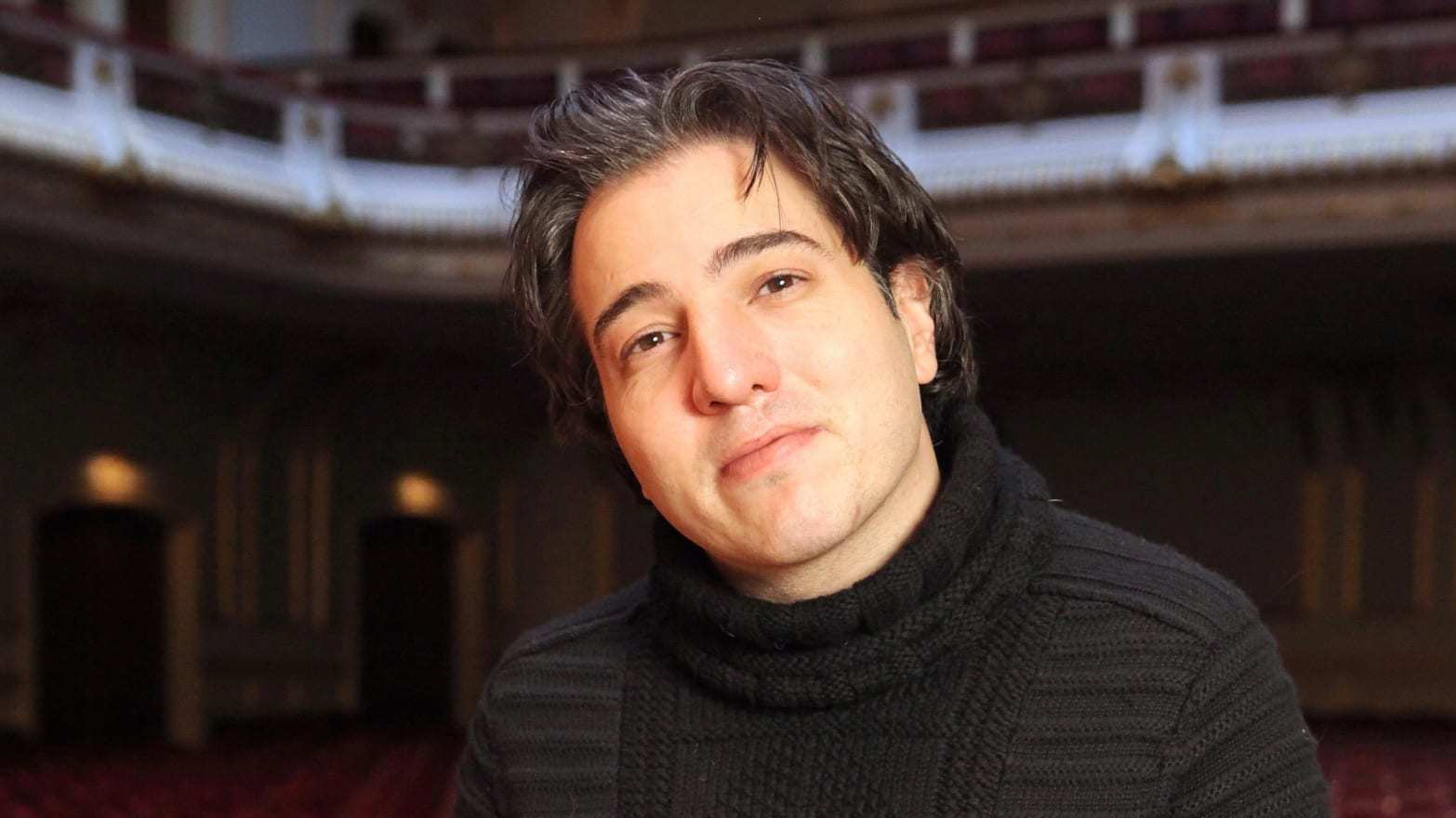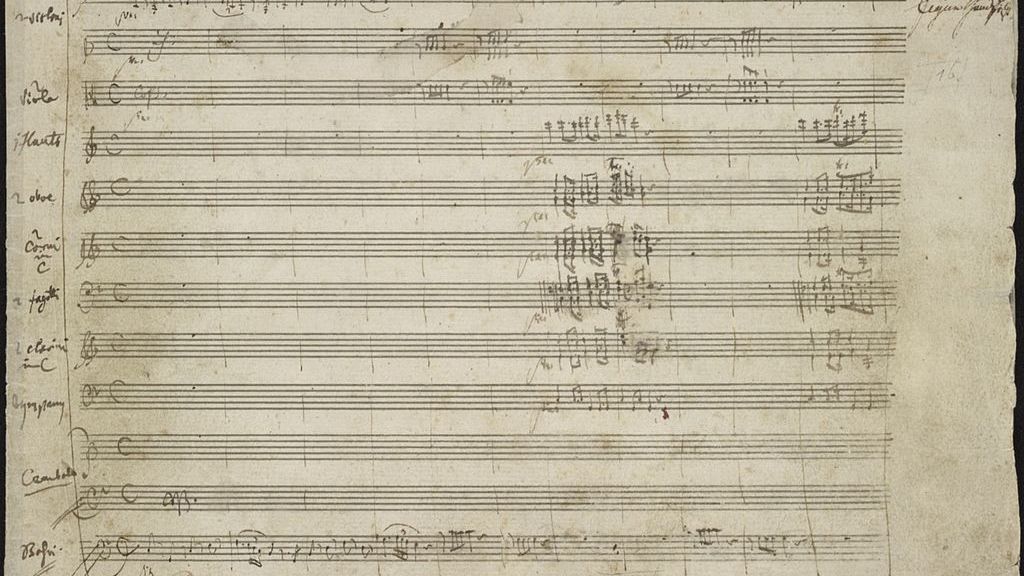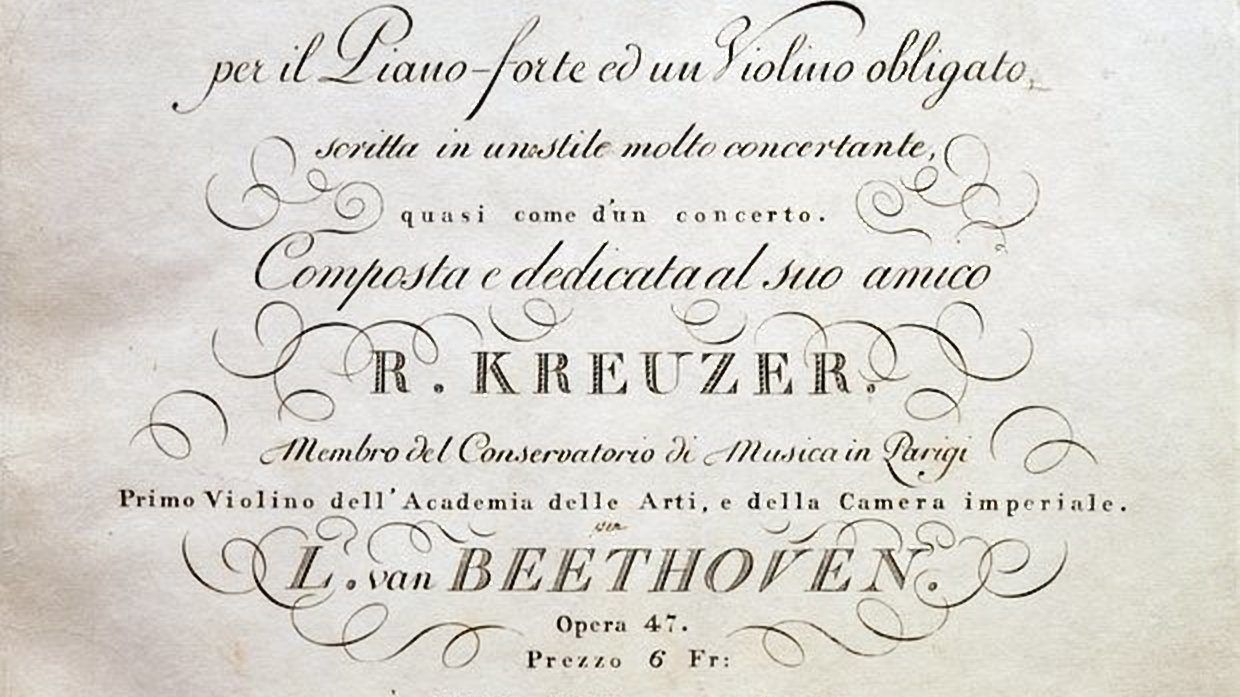Saint-Saëns’ Second Piano Concerto: Fazıl Say in Concert
After hearing the premiere of Camille Saint-Saëns’ Piano Concerto No. 2, the pianist and composer Sigmond Stojowski remarked that it “began with Bach and ended with Offenbach.” Indeed, this is music which takes us on a wildly exhilarating and mercurial ride. Its structure shakes up the traditional concerto form with a slow and solemn first movement, a bright scherzo for the second movement, and a concluding presto. In May of 1868, the …




